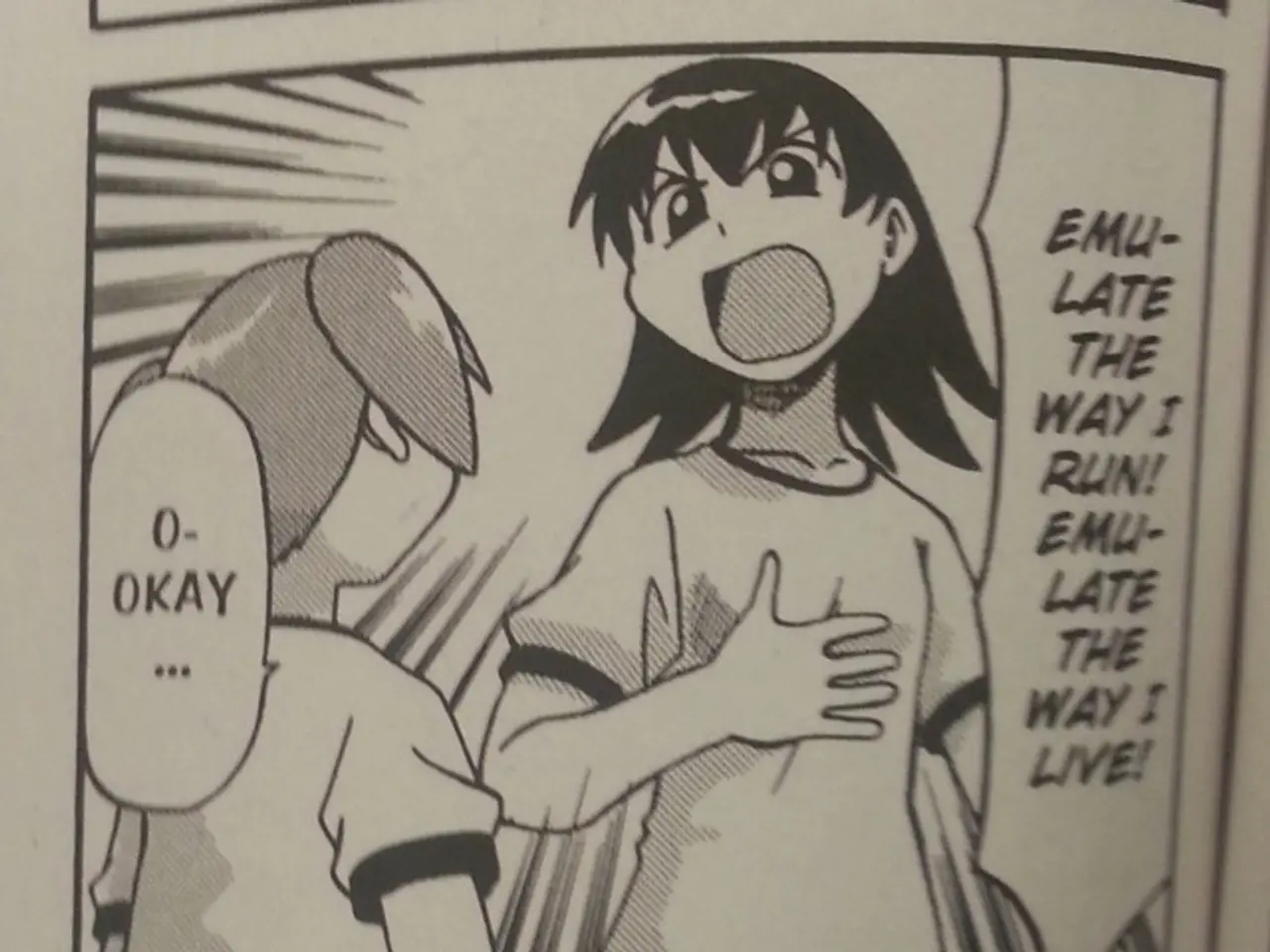Society in disarray; basic human rights going unacknowleded: Justice Abhay S Oka [Continuation]
In a series of recent remarks, retired Supreme Court Judge, Justice Abhay S Oka, has shared his thoughts on various aspects of the Indian judicial system, particularly focusing on freedom of speech, bail, and judicial conduct.
Justice Oka emphasized the need for a doctrinal test to replace the vague standard of 'hurt sentiments' in cases involving freedom of speech. He believes that the criteria for deciding a case should only be the law, not the potential for offending certain people. He also highlighted the critical role lower courts play in combating frivolous, politically motivated criminal cases based on free speech. By acting as a first judicial barrier against misuse of the legal system, these courts ensure that such cases are dismissed or not escalated without sufficient legal grounds, thereby protecting fundamental democratic rights and preventing abuse of justice.
On the topic of bail, Justice Oka reiterated that bail is the rule and jail is the exception. However, comments on bail orders should be made after reading the order. He also stressed the importance of considering the grounds given for rejection of bail, rather than focusing solely on the delay in the trial.
Justice Oka also touched upon the issue of personal criticism of judges. He stated that criticism of a judge's judgments is allowed, but criticizing the judge personally because they are contesting an election is not acceptable. He further added that judges should not be influenced by any other consideration except whether an offence is made out.
The discussion around the representation of women in the judiciary was not left untouched. Justice Oka suggested that there should be more women judges in the Supreme Court, and the Collegium should consider the cases of women judges in the High Courts who are in the zone of consideration.
Justice Oka did not comment on his own judgment in Jitendra Kalla, but he did express that everybody has the right to criticise his judgement. He also shared his personal view that retired judges should not get into electoral politics.
Lastly, Justice Oka spoke about the need for more training for judges to better understand the contours of free speech. He also highlighted the importance of judges attending official functions where the government is the host, such as the opening of new court buildings or legal services authority functions. However, he also advised judges to avoid attending any other function hosted by the government.
In conclusion, Justice Abhay S Oka's insights offer valuable perspectives on various aspects of the Indian judicial system. His emphasis on the rule of law, the importance of lower courts in protecting free speech, and the need for more women in the judiciary are particularly noteworthy. As we continue to navigate complex issues in a rapidly changing society, these insights serve as a reminder of the importance of upholding the fundamental right to free speech while maintaining the integrity of our judicial system.
Read also:
- visionary women of WearCheck spearheading technological advancements and catalyzing transformations
- Recognition of Exceptional Patient Care: Top Staff Honored by Medical Center Board
- A continuous command instructing an entity to halts all actions, repeated numerous times.
- Oxidative Stress in Sperm Abnormalities: Impact of Reactive Oxygen Species (ROS) on Sperm Harm








